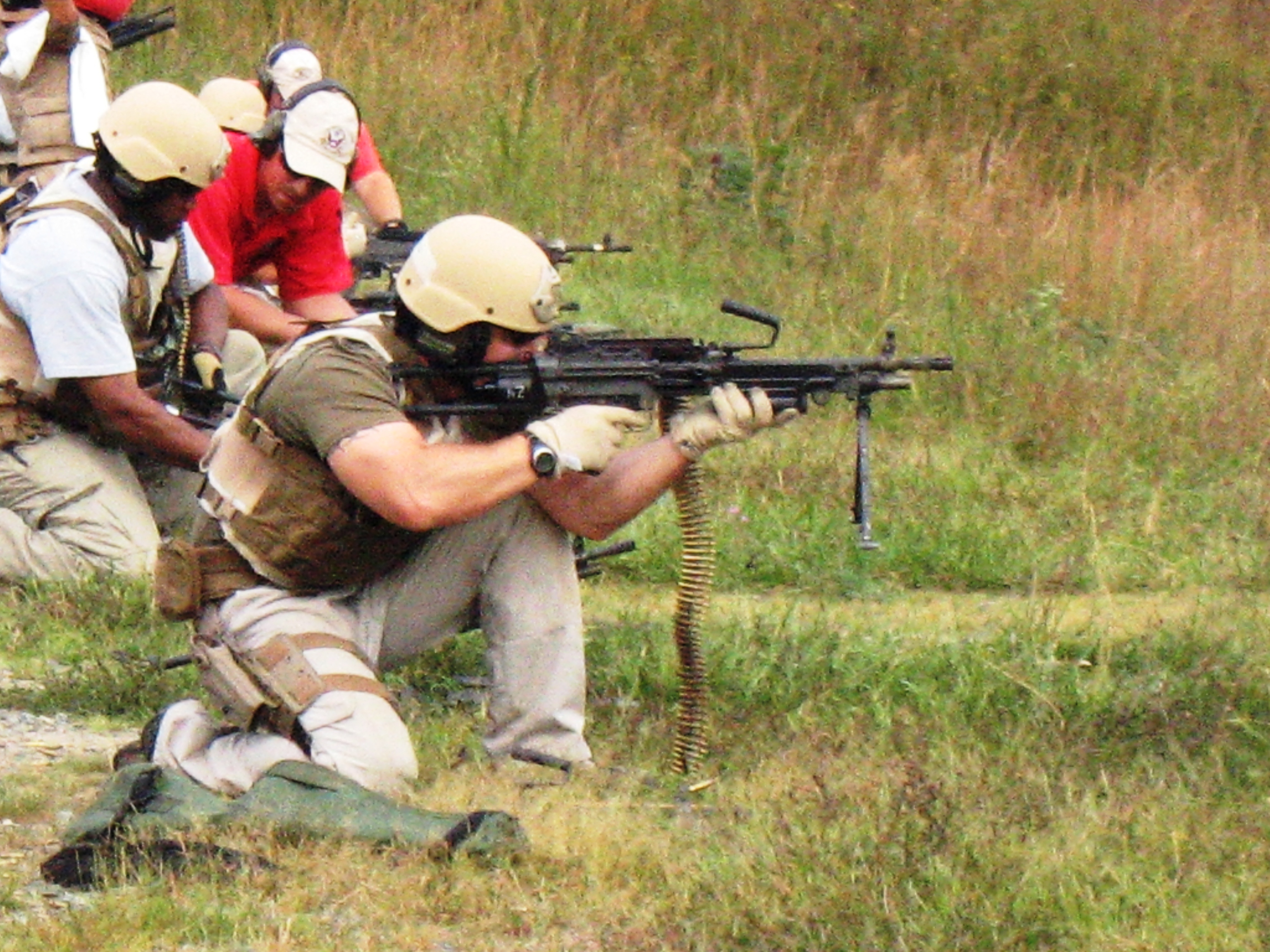Government Grants
Business Grants
Home Owner Programs
Federal Programs
About Us
2025 Young Trilateral Leaders Network (YTL) Regional Workshops on Critical and Emerging Technologies
Funding Opportunity Title:
2025 Young Trilateral Leaders Network (YTL) Regional Workshops on Critical and Emerging Technologies Funding Opportunity Number:
PD-SEOUL-FY24-04 Deadline for Applications:
Wednesday, July 31, 11:59 p.m.
GMT+9 CFDA Number:
1 9. 040 – Public Diplomacy Programs Total Amount Available:
$120,000 This notice is subject to availability of funding.
A.
PROGRAM DESCRIPTION Introduction:
The Public Diplomacy Section’s (PD) of U. S. Embassy Seoul and U. S. Embassy Tokyo of the U. S. Department of State are pleased to announce a Notice of Funding Opportunity (NOFO) for a series of regional workshops and accompanying virtual engagements on critical and emerging technologies to be run under a Cooperative Agreement as part of the 2025 Young Trilateral Leaders Network (YTL) program.
YTL is a new initiative based on the outcomes of the 2023 Camp David Trilateral Leaders’ Summit and 2024 U.S.-ROK-Japan Trilateral Global Leadership Youth Summit that seeks to include youth aged 20-35 in meaningful dialogue about the shared opportunities and challenges facing the United States, Republic of Korea, and Japan.
The inaugural YTL programmatic year will focus on a series of regional workshops that encourage Korean and Japanese youth to collaborate with -- and learn from -- American peer experts on issues related critical and emerging technologies.
Workshops should explore how youth living in the ROK, Japan, and U. S. can leverage new technologies to tackle the most challenging issues facing the Indo-Pacific region today.
Potential programmatic topic areas could include:
· AI’s impact on democratic institutions and education systems · Quantum computing · Social media mis/disinformation · Young women’s participation and success in STEM fields · Semiconductors · Games and immersive technologies as collaborative spaces · Next generation clean energy technology · Leveraging new technologies to encourage youth civic participation · Space exploration Based on their organizational expertise, applicants may also propose other critical and emerging technology topics that are not listed here.
Please refer to the White House’s Critical and Emerging Technologies List for more detailed information.
Target Audience:
Korean and Japanese college students and young professionals aged 20-35 from diverse backgrounds who work, study or have a demonstrated interest in critical emerging technologies, speak fluent English, and are interested in trilateral collaboration.
The total number of participants should be adjusted based on the available budget.
Participants should reflect the United States government’s commitment to diversity, inclusion, equity, and accessibility Location:
Workshops must take place in both the Republic of Korea and Japan.
Applicants are strongly encouraged to submit proposals that include most of their programming outside of the Seoul and Tokyo metropolitan areas.
Virtual components should supplement in-person activities.
Timeline:
Successful proposals should include a series of focused programs on topics of interest that will take place starting throughout 202 5. Alumni Engagement:
Proposals must explain how the inaugural program year will build a tight-knit network of program alumni and should include a robust and realistic alumni engagement plan.
Monitoring and Evaluation (M&E):
Proposals must include a substantive monitoring and evaluation plan that sets clear goals and metrics to be tracked throughout the project.
In addition, M&E plans should include data collection (via focus groups, surveys, etc.) of participant populations to capture their feedback on the program and opinions on broader trilateral cooperation.
Misc:
· Proposals must include an American element or connection with U. S. experts, organizations, or institutions.
Proposals may include requests for international travel and related costs of experts, speakers, and key individuals in support of broader activities.
· Given the nature of trilateral programs, programs should be conducted in English – or if the target population lacks English fluency, must include interpretation.
Programs whose exclusive goal is teaching English will not be considered.
Note:
Not mandatory, but you may use the templates provided here:
Proposal Template / Budget Template All application materials must be submitted by email to SeoulPDGrants@state.gov
2025 Young Trilateral Leaders Network (YTL) Regional Workshops on Critical and Emerging Technologies Funding Opportunity Number:
PD-SEOUL-FY24-04 Deadline for Applications:
Wednesday, July 31, 11:59 p.m.
GMT+9 CFDA Number:
1 9. 040 – Public Diplomacy Programs Total Amount Available:
$120,000 This notice is subject to availability of funding.
A.
PROGRAM DESCRIPTION Introduction:
The Public Diplomacy Section’s (PD) of U. S. Embassy Seoul and U. S. Embassy Tokyo of the U. S. Department of State are pleased to announce a Notice of Funding Opportunity (NOFO) for a series of regional workshops and accompanying virtual engagements on critical and emerging technologies to be run under a Cooperative Agreement as part of the 2025 Young Trilateral Leaders Network (YTL) program.
YTL is a new initiative based on the outcomes of the 2023 Camp David Trilateral Leaders’ Summit and 2024 U.S.-ROK-Japan Trilateral Global Leadership Youth Summit that seeks to include youth aged 20-35 in meaningful dialogue about the shared opportunities and challenges facing the United States, Republic of Korea, and Japan.
The inaugural YTL programmatic year will focus on a series of regional workshops that encourage Korean and Japanese youth to collaborate with -- and learn from -- American peer experts on issues related critical and emerging technologies.
Workshops should explore how youth living in the ROK, Japan, and U. S. can leverage new technologies to tackle the most challenging issues facing the Indo-Pacific region today.
Potential programmatic topic areas could include:
· AI’s impact on democratic institutions and education systems · Quantum computing · Social media mis/disinformation · Young women’s participation and success in STEM fields · Semiconductors · Games and immersive technologies as collaborative spaces · Next generation clean energy technology · Leveraging new technologies to encourage youth civic participation · Space exploration Based on their organizational expertise, applicants may also propose other critical and emerging technology topics that are not listed here.
Please refer to the White House’s Critical and Emerging Technologies List for more detailed information.
Target Audience:
Korean and Japanese college students and young professionals aged 20-35 from diverse backgrounds who work, study or have a demonstrated interest in critical emerging technologies, speak fluent English, and are interested in trilateral collaboration.
The total number of participants should be adjusted based on the available budget.
Participants should reflect the United States government’s commitment to diversity, inclusion, equity, and accessibility Location:
Workshops must take place in both the Republic of Korea and Japan.
Applicants are strongly encouraged to submit proposals that include most of their programming outside of the Seoul and Tokyo metropolitan areas.
Virtual components should supplement in-person activities.
Timeline:
Successful proposals should include a series of focused programs on topics of interest that will take place starting throughout 202 5. Alumni Engagement:
Proposals must explain how the inaugural program year will build a tight-knit network of program alumni and should include a robust and realistic alumni engagement plan.
Monitoring and Evaluation (M&E):
Proposals must include a substantive monitoring and evaluation plan that sets clear goals and metrics to be tracked throughout the project.
In addition, M&E plans should include data collection (via focus groups, surveys, etc.) of participant populations to capture their feedback on the program and opinions on broader trilateral cooperation.
Misc:
· Proposals must include an American element or connection with U. S. experts, organizations, or institutions.
Proposals may include requests for international travel and related costs of experts, speakers, and key individuals in support of broader activities.
· Given the nature of trilateral programs, programs should be conducted in English – or if the target population lacks English fluency, must include interpretation.
Programs whose exclusive goal is teaching English will not be considered.
Note:
Not mandatory, but you may use the templates provided here:
Proposal Template / Budget Template All application materials must be submitted by email to SeoulPDGrants@state.gov
Relevant Nonprofit Program Categories
Obtain Full Opportunity Text:
Visit here (U.S. Embassy Seoul Website) for a full announcement with proposal templates
Additional Information of Eligibility:
The Public Diplomacy Section encourages applications from U.S., ROK, and Japanese organizations: For example:• Not-for-profit organizations, including think tanks and civil society/non-governmental organizations• Public and private educational institutions• Public International Organizations (PIOs) and (Non-U.S.) Governmental institutions
Full Opportunity Web Address:
https://kr.usembassy.gov/grants/
Contact:
Agency Email Description:
Representative Email of the Grants Team in PD Seoul
Agency Email:
Date Posted:
2024-06-28
Application Due Date:
Archive Date:
2024-08-01
Social Entrepreneurship
Spotlight
Digbeth: The New Social Enterprise Quarter

Digbeth in Birmingham, England has been appointed as the new social enterprise quarter. Social enterprises are sprouting up in the area, comprising of 57 of these businesses flanked between High Gate and Hurst Street.

